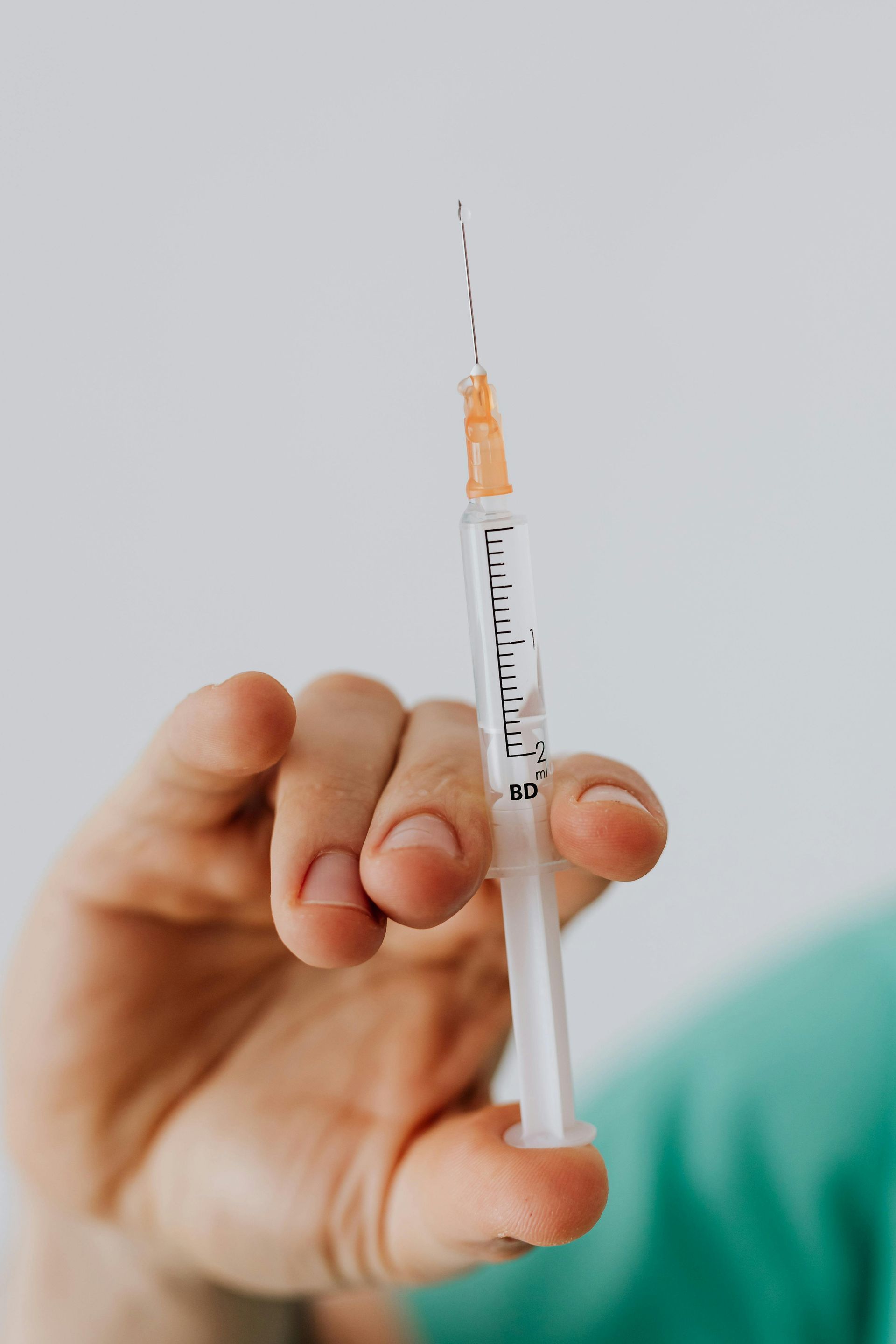HEPATTITUS B VACCINE
Hep B
Hepatitis B, also known as serum hepatitis, is a viral infection that affects the liver and can cause serious health issues such as jaundice, liver damage, liver failure, cirrhosis, chronic hepatitis B carrier status, and liver cancer. The virus spreads through contact with infected blood and bodily fluids, such as saliva, breast milk, urine, semen, and vaginal secretions.
Newborns are at high risk of contracting hepatitis B from an infected mother during childbirth, as they are exposed to the mother's blood and vaginal secretions for the first time at the time of birth. The placenta filters out the hepatitis B virus before birth. Therefore, it is crucial to screen all pregnant women for hepatitis B and provide immunization to newborns within the first seven days of life to prevent transmission of Hepatitis B to the baby. Hepatitis B vaccination after the seventh day of life will not protect newborns from the possibility of perinatally acquired hepatitis B.
The virus can survive on surfaces exposed to infected bodily fluids, making the hospital environment where many babies are born a potential risk area. The hepatitis B vaccine is administered shortly after birth to guard against possible transmission from the mother and other risk factors such as the hospital environment.
The vaccine series involves three doses to ensure full immunity: the first dose at birth, the second between 1 and 2 months of age, and the third between 6 and 18 months of age. The hepatitis B vaccine is generally safe, with rare and mild side effects, such as soreness at the injection site or lowgrade fever, which typically resolve on their own.


